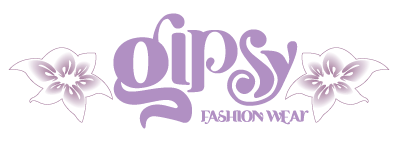The term Gipsy music refers to the entire musical range of this people from which, over the centuries, two important genres have developed: Flamenco and Gipsy jazz or French Jazz Manouche (that of the Gypsy bands).
Music is a fundamental aspect of gypsy culture: it is above all a means of transmitting values and traditions, it is based on improvisation and is handed down from father to son.
By working extensively as traders and entertainers in many places they have become known as musicians and land large distances traveled have introduced a multitude of influences. IndeedAndIt is difficult to define the parameters of a unique Gypsy musical style, as there are many differences in melodic, harmonic, rhythmic and formal structures from region to region.
This particular folk music is mainly vocal and consists of slow, plaintive songs and fast melodies that can be accompanied by dancing. The sound of instruments is often accompanied by tongues, clapping, sounds of wooden spoons and other techniques.
The rich variety of the different musical strands of the gypsies meets once a year in Saint Marie de la Mer, the patroness of the gypsies, to celebrate and celebrate together by playing and singing day and night. For a whole week in the streets of this Camargue village, you can hear Gypsy violins, rumbe flamenche, Balkan songs and gypsy jazz songs.
The most influential musician is certainly Django Reinhardt, who despite an accident in his youth that cost him the loss of two fingers of his left hand, developed a revolutionary guitar technique that made him the greatest interpreter of the Jazz Manuche.
In the wake of his talent, many groups have formed, including Gipsy Kings and Goran Bregovic.

